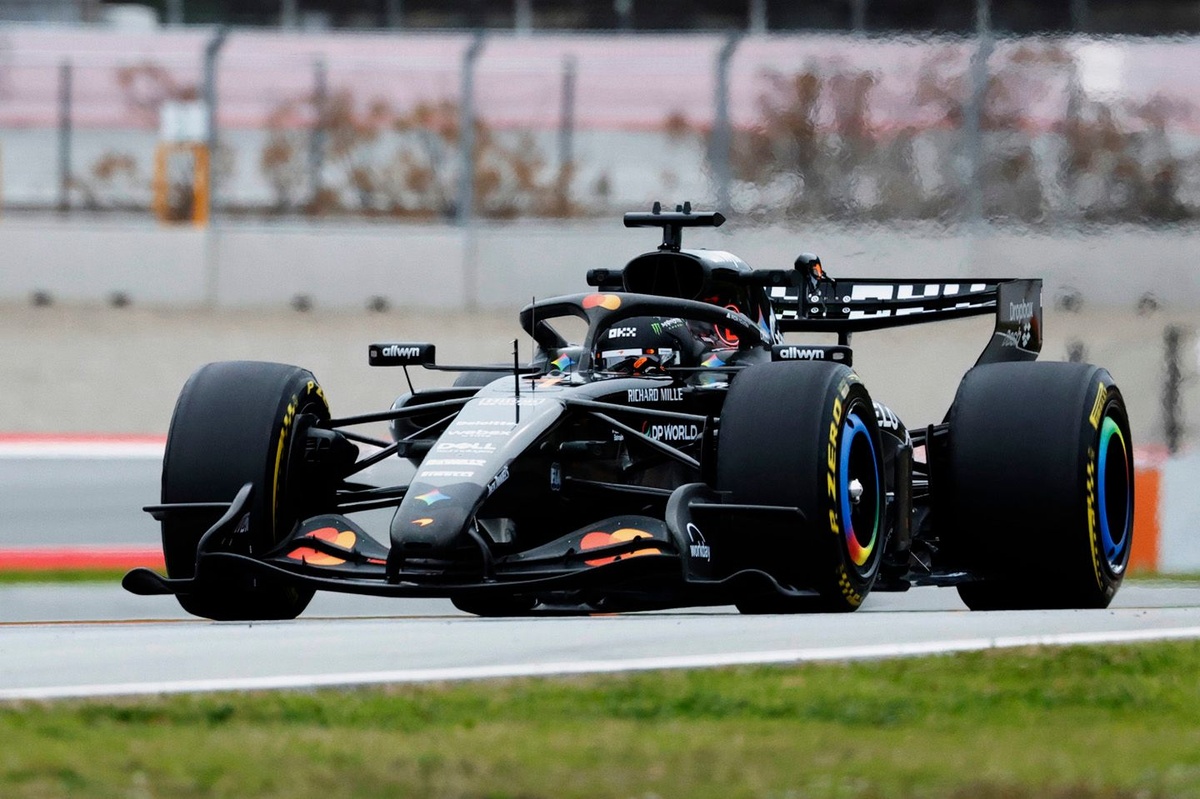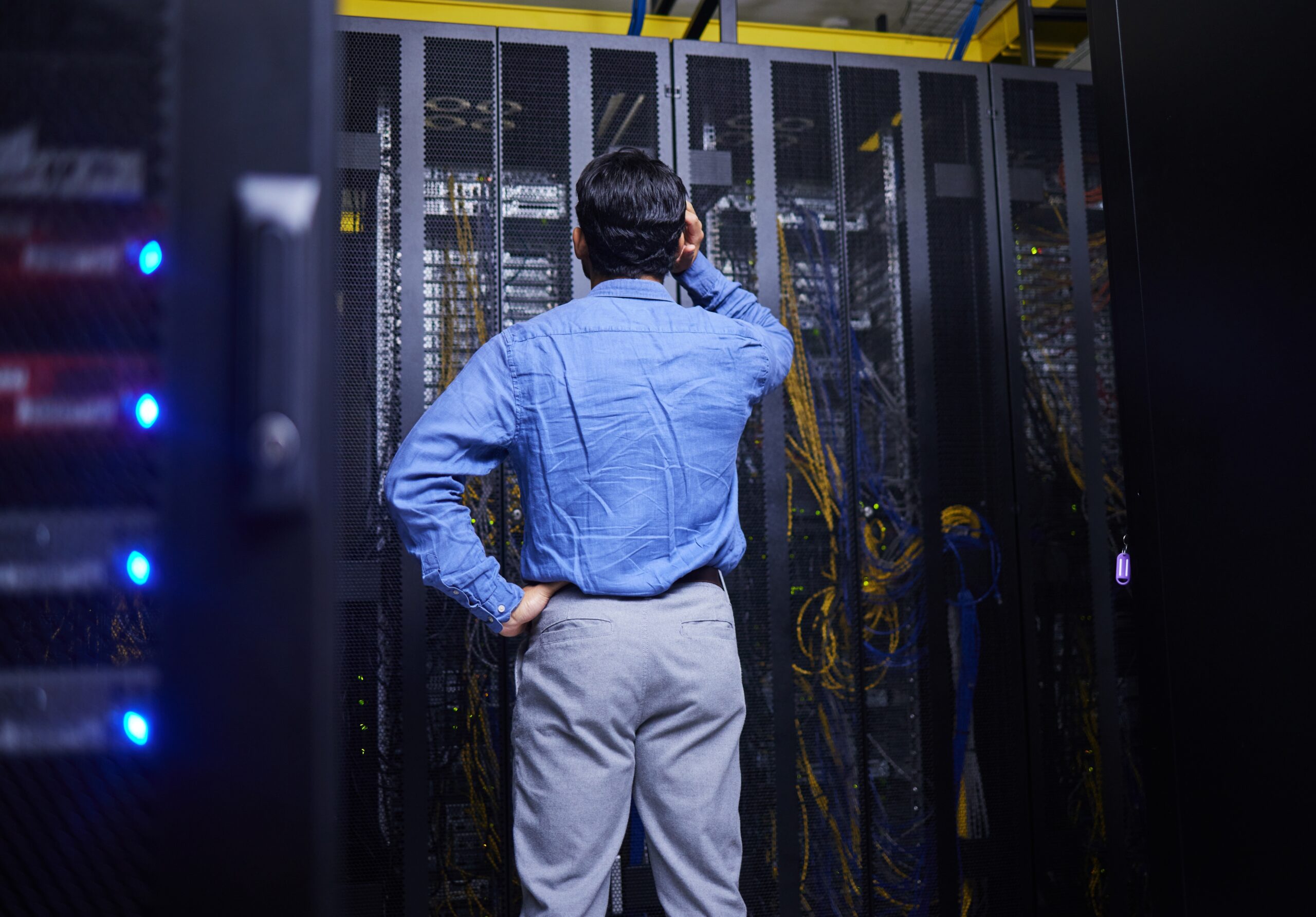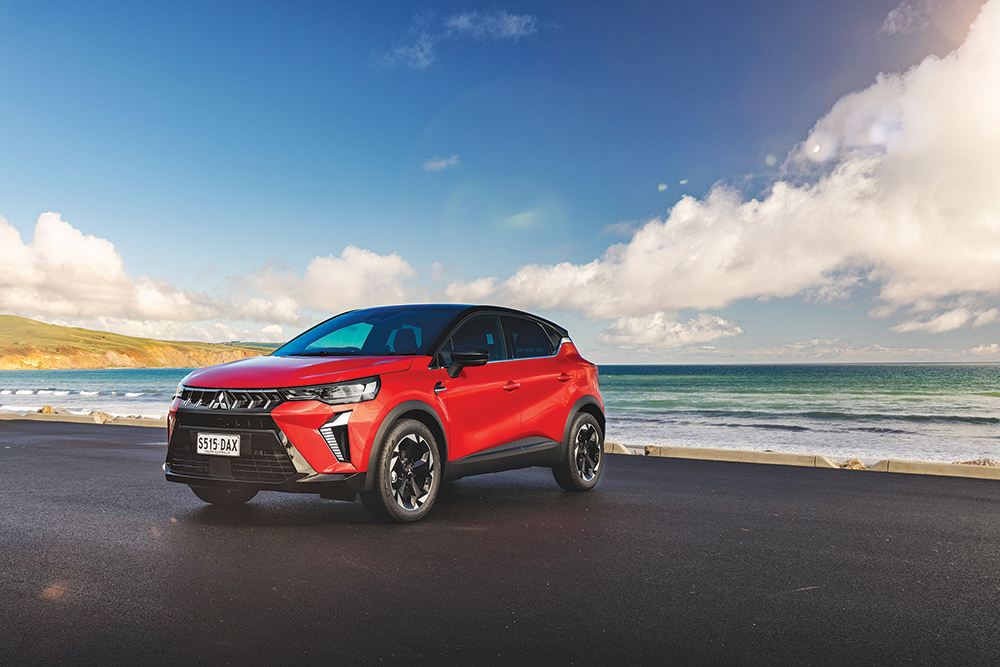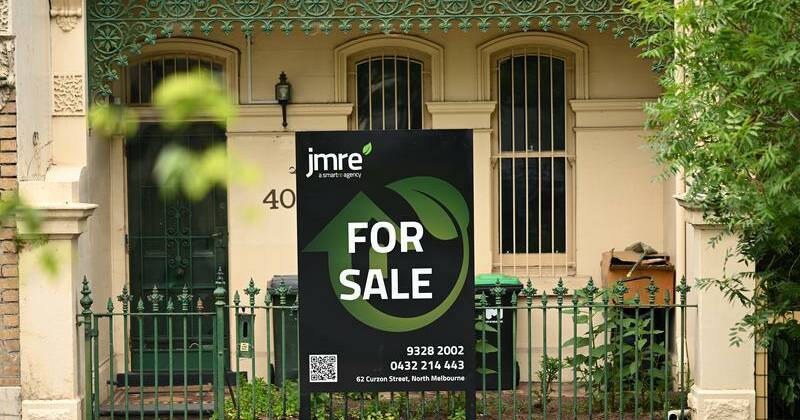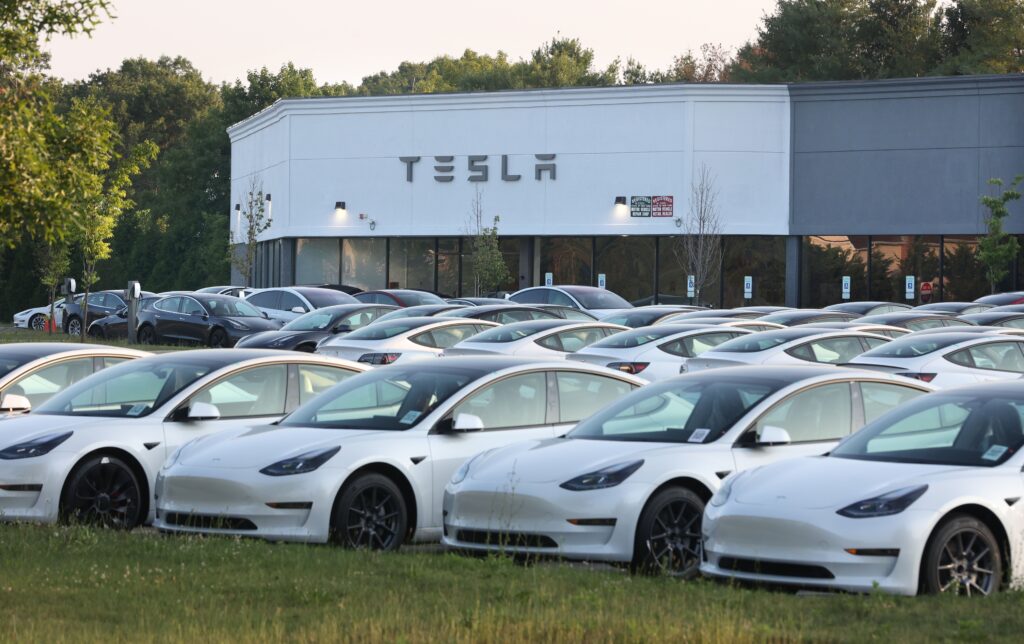
A Florida jury has ordered Tesla to pay $329 million in damages after finding the company partially liable for a fatal crash involving its Autopilot system. This verdict represents a notable moment in the ongoing discourse surrounding the safety of autonomous driving technology. It is the first instance in which Tesla has been held responsible for a wrongful death linked directly to its Autopilot feature.
The case originated from a tragic incident in 2019, during which a Tesla Model S driver, reportedly distracted while using Autopilot, failed to stop at a stop sign and red light. This led to a collision with a parked Chevrolet Tahoe. Naibel Benavides Leon was standing near the vehicle at the time and lost her life, while her former boyfriend, Dillon Angulo, sustained serious injuries.
In its ruling, the jury awarded $129 million in compensatory damages and an additional $200 million in punitive damages to the estate of Benavides Leon and to Angulo. According to a report by Reuters, Tesla intends to appeal this decision, which poses a significant challenge for the company amid its ongoing efforts to advance autonomous driving technology.
Legal Implications and Safety Concerns
The ruling has raised critical questions about the safety of Tesla’s Autopilot system. Legal experts note that the verdict could open the door to further lawsuits related to the technology, which has been implicated in numerous crashes. Tesla’s driver-assist software has generated enough concern to warrant its own Wikipedia page, underscoring the public’s apprehension regarding its reliability.
Brett Schreiber, a lawyer representing the plaintiffs, emphasized the implications of the verdict, stating, “Today’s verdict represents justice for Naibel’s tragic death and Dillon’s lifelong injuries.” He criticized Tesla for allowing Autopilot to be used outside of controlled-access highways, arguing that the company had a responsibility to impose restrictions that could prevent such accidents.
Elon Musk, the CEO of Tesla, is currently facing increased scrutiny as he promotes the company’s plans to expand its robotaxi initiative. The $329 million verdict may complicate Musk’s efforts to persuade both investors and the public that Tesla can lead in the future of autonomous driving.
As Tesla navigates this legal landscape, the implications of this case could resonate beyond the courtroom. The decision not only highlights the potential dangers associated with autonomous driving systems but also reflects broader societal concerns regarding the accountability of manufacturers in the wake of technological advancements.
Future of Autonomous Driving
The outcome of this trial is likely to influence public perception of not just Tesla but the entire field of autonomous vehicles. As companies race to develop and implement self-driving technology, ensuring safety and accountability will be paramount. The legal precedent set by this case may serve as a reference point for future litigation, shaping the regulatory environment surrounding autonomous driving.
In conclusion, the verdict against Tesla serves as a stark reminder of the responsibilities that come with technological innovation. As the company prepares for an appeal, the discussions surrounding safety, liability, and the future of driving will undoubtedly continue to evolve.




